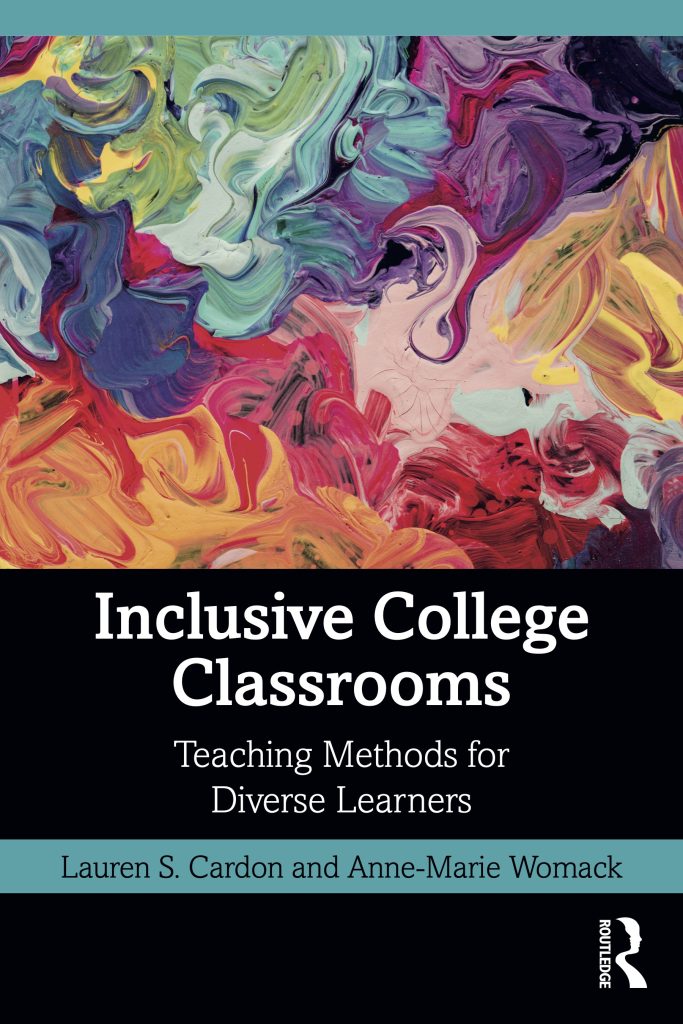by Lisa Beck, Psychology Another option, especially after having the above “let’s get curious” conversation with students part 1 of my post, may be to creatively remove the grading fixation altogether. This leads us to the spectrum of possibilities commonly referred to as “ungrading,” which has become quite the buzz word and hot topic in higher education over the past few years. According to Amy Kenyon, the Assistant Director for Teaching Innovation at Duke University’s Center for Instructional Technology: Ungrading […]
Read More from Teaching how to do college: do grades help students learn? Part 2 of 2.









